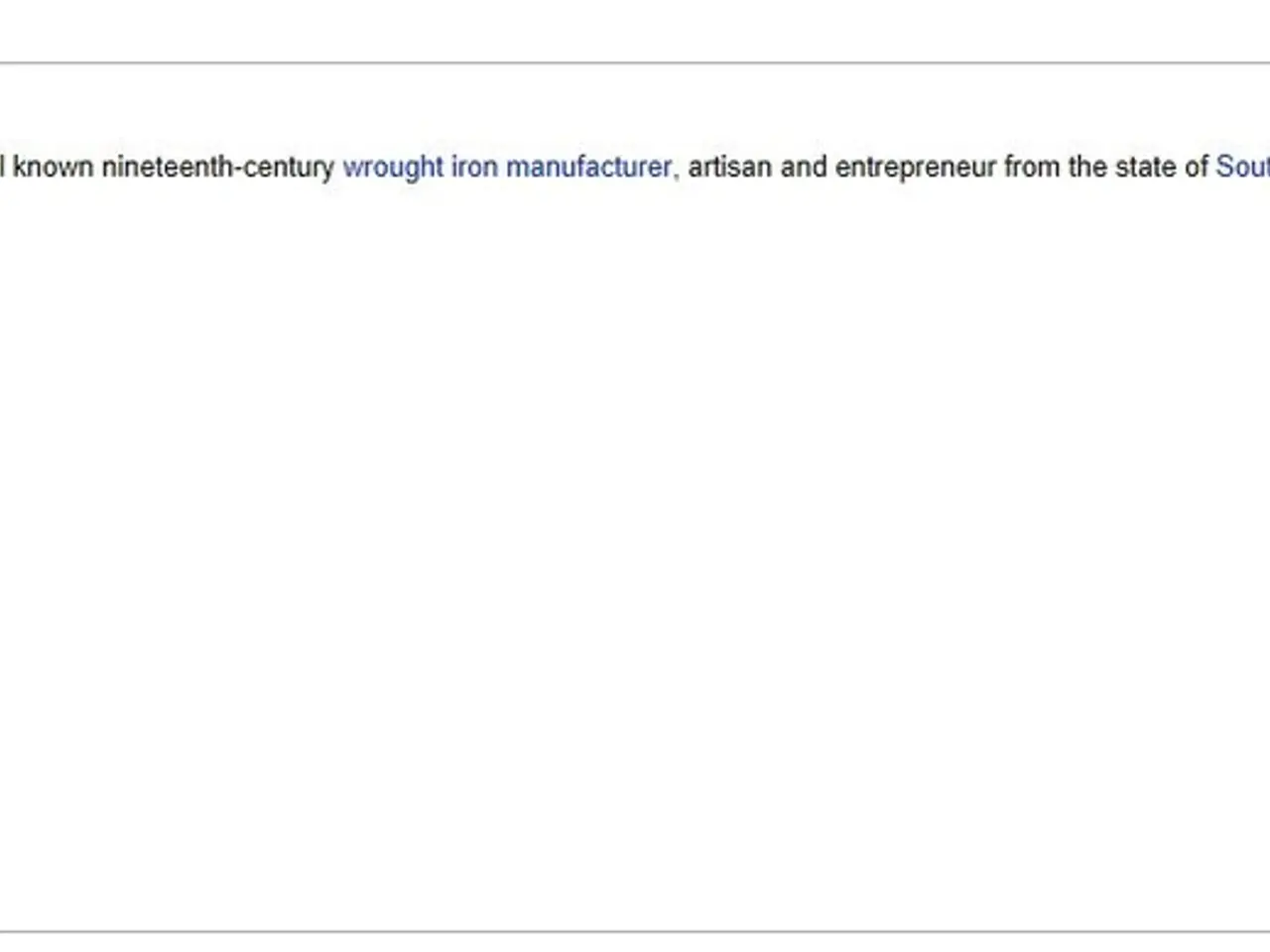Romania's initially democratically elected president, Ion Iliescu, passes away, leaving unanswered vital inquiries
Ion Iliescu: A Controversial Figure in Romania's Post-Communist Era
Ion Iliescu, Romania's first post-communist president, left an intricate and debated legacy in the country's political landscape. Born on March 3, 1930, in Oltenița, Iliescu's roots can be traced back to a family with communist sympathies. His father, Alexandru Iliescu, was an early member of the USSR-funded Romanian Communist Party during the interwar period[6].
Iliescu's political journey began in 1946, when he joined the Central Coordinating Committee of the Union of Student Associations[7]. Afterwards, the details of his biography from the communist era remain elusive due to missing documents[8].
Iliescu played a pivotal role in Romania's transition from dictatorship to democracy, serving as president from 1990-1996 and 2000-2004, and founding the Social Democratic Party (PSD)[1]. He is credited with stabilizing Romania after the fall of Nicolae Ceaușescu's regime and overseeing its gradual democratization, culminating in Romania's 2004 NATO accession[2][3][5].
However, Iliescu's legacy is deeply divisive. His connection to the communist regime and the violent repression under his watch have left a lasting impact on the Romanian public. The "mineriads," a series of violent crackdowns on anti-government protests in 1990, are a stark example[3][4]. Over 1,100 people died during the 1989 revolution period, with many fatalities after Iliescu came to power amid accusations that communist-era security forces staged a coup to seize control, rather than allowing a genuine revolution[1].
Iliescu ordered the summary execution of Ceaușescu and his wife on December 25, 1989, marking a brutal but decisive break with the dictatorship[1][4]. However, questions remain about whether Iliescu and the new power structure were involved in orchestrating a coup d'état using military and security forces, rather than a popular revolution[1].
Iliescu's precise responsibility for the post-revolution violence and deaths, particularly the actions of the security forces accused of targeting revolutionaries, continues to be a subject of controversy[1]. Charges of crimes against humanity related to approving military measures during the 1989-1990 period have been brought against him, but a trial remains unresolved[2][4].
Iliescu's prior role and collaboration within the communist regime and the ways in which he retained or exercised influence through former party networks under the guise of a new democratic leadership are also points of contention[2][3][4].
In 2005, Iliescu's political leadership ended after three presidential mandates. From then onwards, he prepared his departure and did not take on any further public roles[7]. Iliescu visited NATO general headquarters in 1993 and reaffirmed Romania's wish to work closely with the military alliance[7].
Iliescu's biography took a personal turn when he publicly recalled falling in love with his future wife, Nina, while studying in Moscow[7]. However, a significant gap in his personal life remained unresolved until 1993, when Maria, his biological mother, was identified[8].
In 2022, Iliescu was indicted, along with Gelu Voican Voiculescu and Iosif Rus, in the 1989 Revolution case[9]. The case against him and his allies was sent back to the Military Prosecutor's Office in September 2024[9].
On August 5, 2025, Ion Iliescu passed away at the age of 95[10]. His legacy continues to be a subject of intense debate, reflecting unresolved tensions in Romania's reckoning with its communist past and transition[1][4][5].
References:
[1] BBC News. (2009, December 25). Romania's Ceausescu executed 21 years ago. Retrieved from https://www.bbc.com/news/world-europe-11427503
[2] The Guardian. (2022, January 12). Ion Iliescu, Romania's first post-communist president, indicted over 1989 revolution. Retrieved from https://www.theguardian.com/world/2022/jan/12/ion-iliescu-romanias-first-post-communist-president-indicted-over-1989-revolution
[3] The New York Times. (1990, January 30). Romanian Troops Attack Opposition Rally. Retrieved from https://www.nytimes.com/1990/01/30/world/romanian-troops-attack-opposition-rally.html
[4] The Washington Post. (2009, December 25). Romania marks 20th anniversary of communist leader's execution. Retrieved from https://www.washingtonpost.com/world/europe/romania-marks-20th-anniversary-of-communist-leaders-execution/2009/12/25/3221e834-8297-411f-845c-d67545d68291_story.html
[5] Council of the European Union. (2004, March 30). Romania's accession to the European Union. Retrieved from https://www.consilium.europa.eu/en/press/press-releases/2004/03/030-romanias-accession-to-the-european-union/
[6] BBC News. (2004, November 16). Romania's communist past still haunts its politics. Retrieved from https://www.bbc.com/news/world-europe-19891200
[7] The Romanian Times. (2025, August 5). Ion Iliescu, Romania's first post-communist president, dies at 95. Retrieved from https://romania-insider.com/ion-iliescu-dies-at-95/
[8] The Guardian. (1993, October 2). Romania: Mother of President Iliescu found after 63 years. Retrieved from https://www.theguardian.com/world/1993/oct/02/romania
[9] The Guardian. (2022, January 12). Ion Iliescu, Romania's first post-communist president, indicted over 1989 revolution. Retrieved from https://www.theguardian.com/world/2022/jan/12/ion-iliescu-romanias-first-post-communist-president-indicted-over-1989-revolution
[10] The Romanian Times. (2025, August 5). Ion Iliescu, Romania's first post-communist president, dies at 95. Retrieved from https://romania-insider.com/ion-iliescu-dies-at-95/
In the context of Romania's political landscape and general news, the controversial figure Ion Iliescu played a significant role in the transition from dictatorship to democracy, serving as president from 1990-1996 and 2000-2004. His legacy, however, remains divisive due to his connection to the communist regime and allegations of violent repression and questionable political maneuvers during his tenure.
Controversy surrounding Ion Iliescu's legacy continues to surface in general news, as recent court cases, such as the 1989 Revolution case in 2022, are revisited, shedding light on his actions during Romania's post-communist era.






